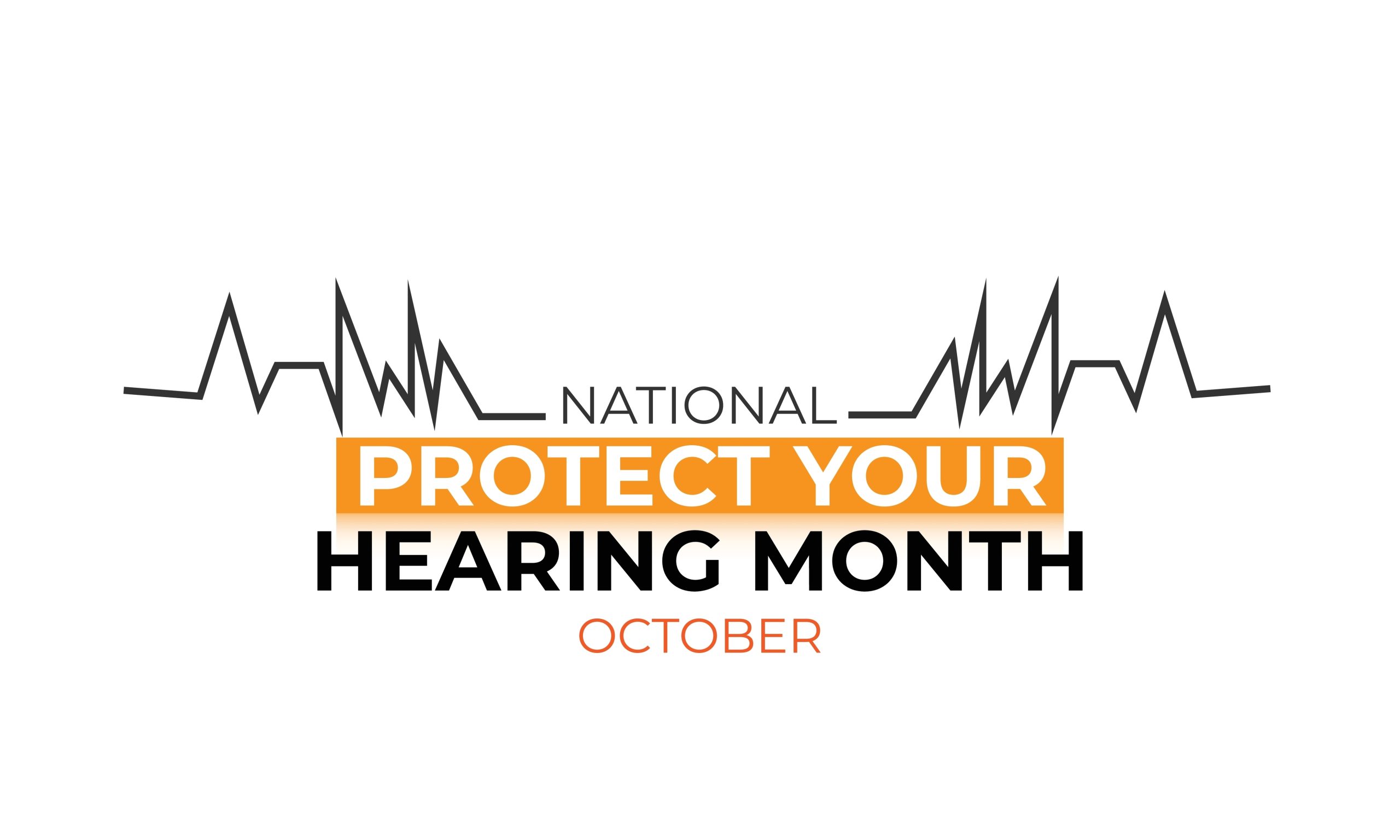
We are enveloped by noise in our everyday existence. From power tools and traffic to personal audio devices, the world is more cacophonous than ever. This escalation in noise can have a harmful effect on your hearing if you’re not careful. October is National Protect Your Hearing Month, making it the perfect time to focus on how to maintain this essential sense.
8 key suggestions to protect your hearing
It’s a relief that basic actions can be implemented to defend your ears from the ambient noise you encounter daily. We present eight vital guidelines to ensure auditory protection.
1. Grasp noise levels and their impact
To begin preventing hearing loss, you must know when noise intensity is too loud to tolerate. The volume of various sounds is measured in decibels (dB), and being exposed to them for extended durations can cause lasting hearing impairment. Here’s a quick reference:
- Lawn mowers and heavy traffic fall into the 85–90 dB range, which is safe for up to 2 hours of exposure.
- Exposure to 100 dB sounds, such as those from construction equipment or motorcycles, risks hearing damage in only 15 minutes.
- Noises exceeding 110 dB (e.g., explosions, fireworks) can lead to immediate damage in just seconds.
Taking a proactive approach to noise recognition can help you avoid environments that are hazardous to your ears.
2. Determine sound levels yourself
Want to know the actual volume of your surroundings? Your smartphone offers an simple way to measure these levels. You can download various complimentary sound meter applications to monitor the noise in your vicinity. To get accurate results, measure from the distance you usually are from the sound source.
If you use this technique consistently, you’ll gain a clearer insight into your environment and be equipped to make sound choices to shield your hearing.
3. Don’t crank up the volume on your devices
Listening to music or podcasts at high volumes is one of the most common ways people damage their hearing over time. Despite their handiness, headphones and earbuds often mask certain risks. Many headphones, for instance, are capable of reaching volumes over 100 dB, which means hearing loss can occur in as little as 15 minutes.
Current data suggests that more than a billion young individuals face the threat of hearing impairment due to excessive earbud use. To be safe, keep your earbud volume below 50% of its full potential to protect your hearing. Having to increase the volume past this point to hear suggests that you may already have some hearing damage.
4. Avoid using music to drown out background noise
When working in a noisy environment or living in a loud neighborhood, you may be tempted to use headphones to mask the surrounding noise. However, turning the volume high enough to overpower the noise outside is unwise for your hearing. The preferred solution is noise-canceling headphones, which permit listening to media at a much reduced and safer volume. If you don’t have noise-canceling headphones, earplugs can be an effective alternative.
5. Always utilize earplugs in loud environments
Whether you are at a concert, a sports event, or operating loud machinery, earplugs are critical for those often exposed to loud environments. They are a highly effective yet simple hearing protection strategy, being compact, inexpensive, and portable.
Individuals who require earplugs often can obtain custom-fitted ones, which give superior protection and comfort compared to standard types. Never fail to use earplugs when you are in a noisy location.
6. While at work, follow safety guidelines
critically, if your occupation exposes you to loud machinery or equipment, you must ensure you follow the established safety guidelines for auditory protection. Some workplaces may undervalue the risks, but those who claim “it’s not that loud” may already have significant hearing loss and don’t realize the current noise levels. You should protect your hearing by using the necessary protective gear and abiding by the safety rules.
7. Move further away from loud noise
The simplest means of hearing protection can often be just creating distance from the source of the loud sound. By increasing distance, the sound intensity hitting your ears is lessened, which works to reduce damage. For example, standing 20 feet away from a noise source producing 110 dB reduces it to around 100 dB—safe for up to 15 minutes of exposure.
The example of fireworks demonstrates this well. While a firework explosion registers at 150 dB, if you are close to where it launches, the sound can still surpass 120 dB, which can cause instant harm. In contrast, by seating yourself 2,000 feet away (approximately five football fields), you can experience the show at a safer level, under 100 dB.
8. Address existing hearing loss promptly
It’s extremely important to take steps as soon as possible if you have any hearing loss to prevent further deterioration. Auditory impairment is not self-reversing; it will continue to worsen. Statistics reveal that nearly 1 out of 10 adults in the 55-to-64 age group have serious hearing loss, and this percentage jumps in later years.
Failing to address the first indications of auditory loss will only quicken its advancement. Usually, individuals delay seeking professional assistance by a full 7 years. The sooner you consult with a hearing specialist and consider hearing aids or other treatments, the better your chances of saving your remaining hearing.
Act now for better hearing
Take advantage of National Protect Your Hearing Month as a chance to make hearing health a main concern. These basic steps are useful and can make a big change, whether your goal is to mitigate existing hearing loss or stop it from happening.
To avoid future regret, set up a hearing test immediately and take responsibility for your auditory health.